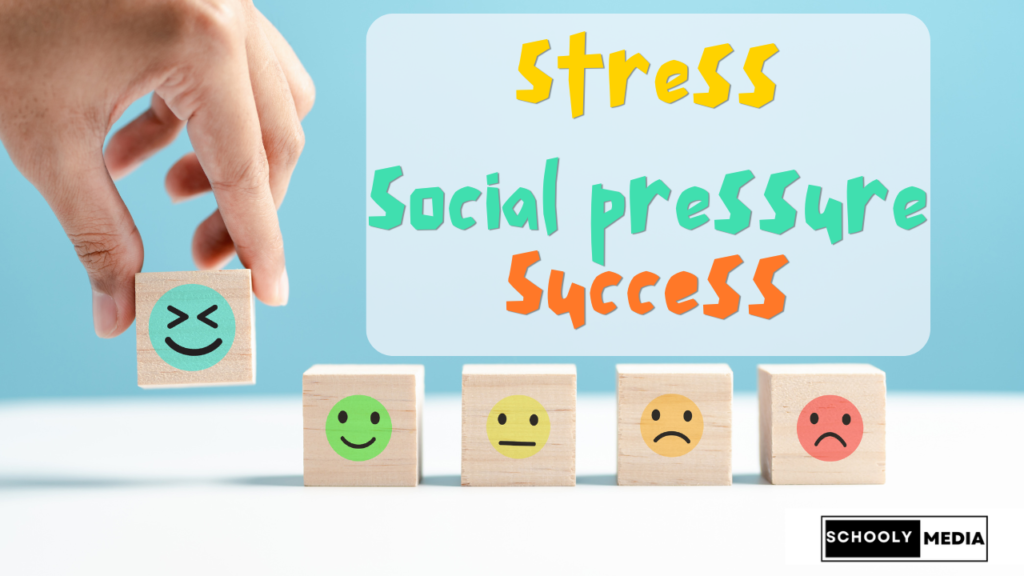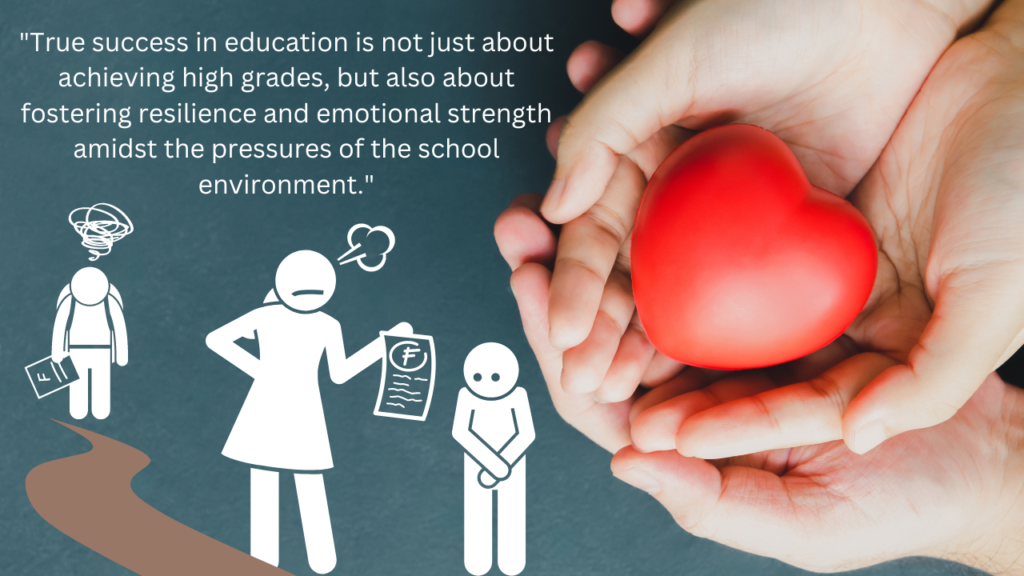Stress, Social Pressure, and Success: Navigating the Modern Schooling Struggle
In today’s fast-paced world, the pursuit of academic success often comes hand in hand with stress and social pressures among students. The modern schooling system, while designed to educate and prepare young minds for the future, can inadvertently create an environment where stress becomes a significant challenge to overcome.
Understanding the Sources of Stress
Students today face a multitude of stressors, ranging from academic expectations to social dynamics. The pressure to excel in examinations, maintain high grades, and secure a spot in prestigious institutions weighs heavily on their shoulders. This constant drive for achievement is often compounded by societal expectations and the fear of falling short of perceived standards.

Moreover, social pressures within the school environment can exacerbate stress levels. Peer relationships, social hierarchies, and the need to fit in can create anxiety and self-doubt among students. The fear of judgment and the desire for acceptance can influence behavior and academic performance, further adding to the burden of stress.
Impact on Mental Health
The impact of stress on mental health cannot be overstated. Chronic stress can lead to anxiety disorders, depression, and burnout, affecting both academic performance and overall well-being. The pressure to succeed can create a cycle of stress where students feel overwhelmed and unable to cope with the demands placed upon them.
Recognizing the signs of stress is crucial for intervention and support. Symptoms such as irritability, changes in sleep patterns, and withdrawal from social activities may indicate that a student is struggling with the pressures of school life.
Addressing these issues early on can prevent long-term negative effects on mental health.
Coping Strategies and Support Systems
To combat the challenges posed by stress and social pressure, it is essential to cultivate effective coping strategies and establish robust support systems within schools. Encouraging open communication between students, teachers, and parents can create a nurturing environment where students feel heard and supported.
Teaching stress management techniques such as mindfulness, relaxation exercises, and time management skills can empower students to take control of their well-being. Additionally, promoting a healthy work-life balance and encouraging extracurricular activities can provide students with opportunities to unwind and develop interests outside of academics.

Redefining Success: Embracing Individuality
In addressing the modern schooling struggle, it is crucial to redefine success beyond academic achievements alone. Emphasizing personal growth, resilience, and self-discovery can alleviate the pressure to constantly excel and foster a more inclusive and supportive learning environment.
By celebrating diversity and acknowledging each student’s unique strengths and talents, schools can empower students to pursue their passions and interests without fear of judgment or failure.
Encouraging a growth mindset where mistakes are viewed as opportunities for learning can cultivate resilience and perseverance in the face of challenges.
Conclusion
According to my opinion, an ideal modern schooling system is one that adapts to the evolving needs of society and equips students with the skills necessary for the 21st century. It emphasizes holistic education, blending academic excellence with emotional, social, and practical life skills. Incorporating technology and innovative teaching methods, it fosters critical thinking, creativity, and collaboration. Personalized learning paths cater to individual strengths and interests, ensuring no student is left behind.
Moreover, it promotes a growth mindset, encouraging students to embrace challenges and learn from failures. A supportive and inclusive environment, combined with strong partnerships between educators, parents, and the community, is crucial for nurturing well-rounded, resilient, and lifelong learners.
In overall conclusion, while the pursuit of academic success is a worthy endeavor, it should not come at the expense of students’ mental health and well-being. By understanding the sources of stress, implementing effective coping strategies, and redefining success, we can create a school environment, schooling where students feel supported, empowered, and capable of navigating the challenges of modern schooling.
Ultimately, by addressing stress and social pressure proactively, we can ensure that every student has the opportunity to thrive academically, emotionally, and socially in today’s complex world.




